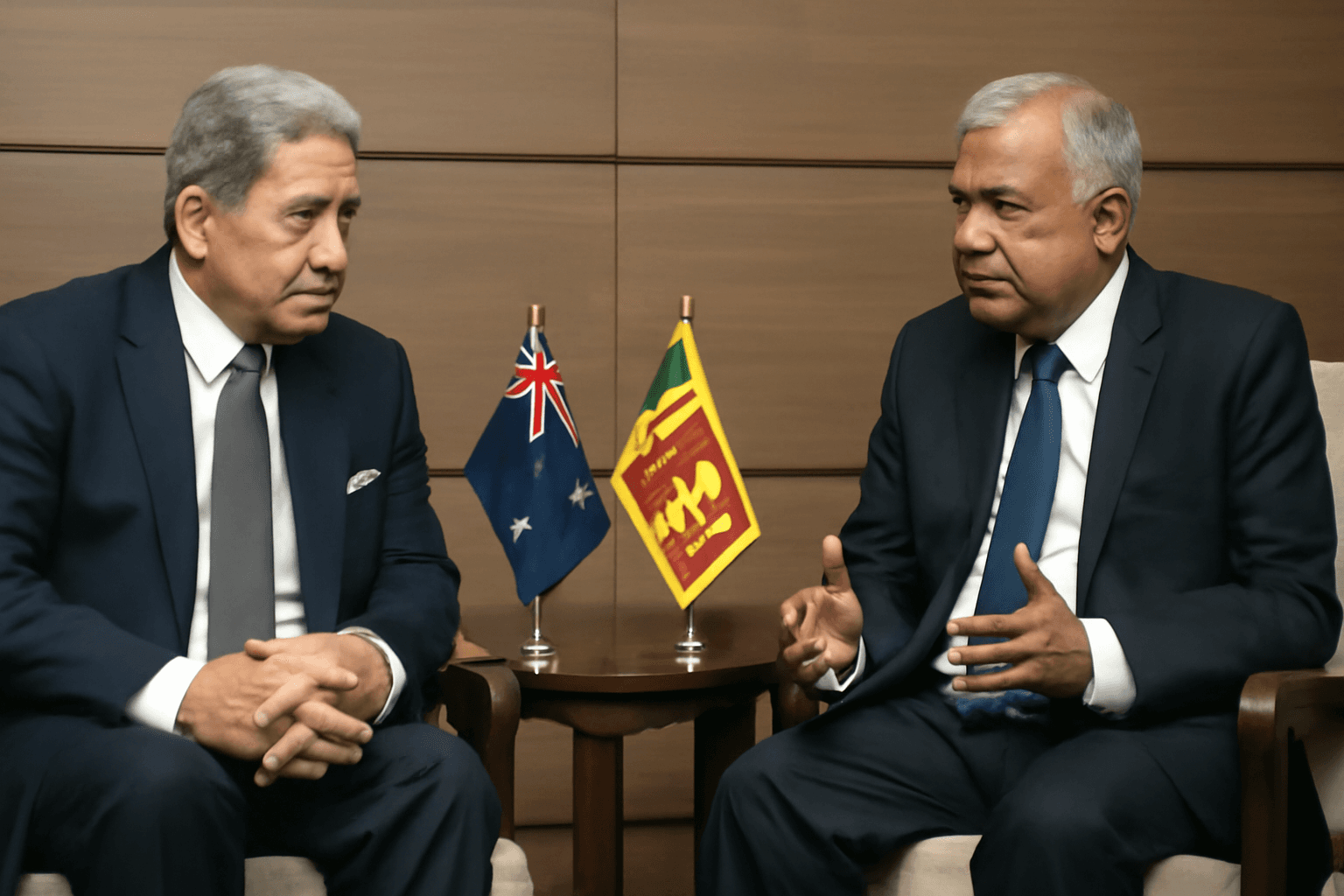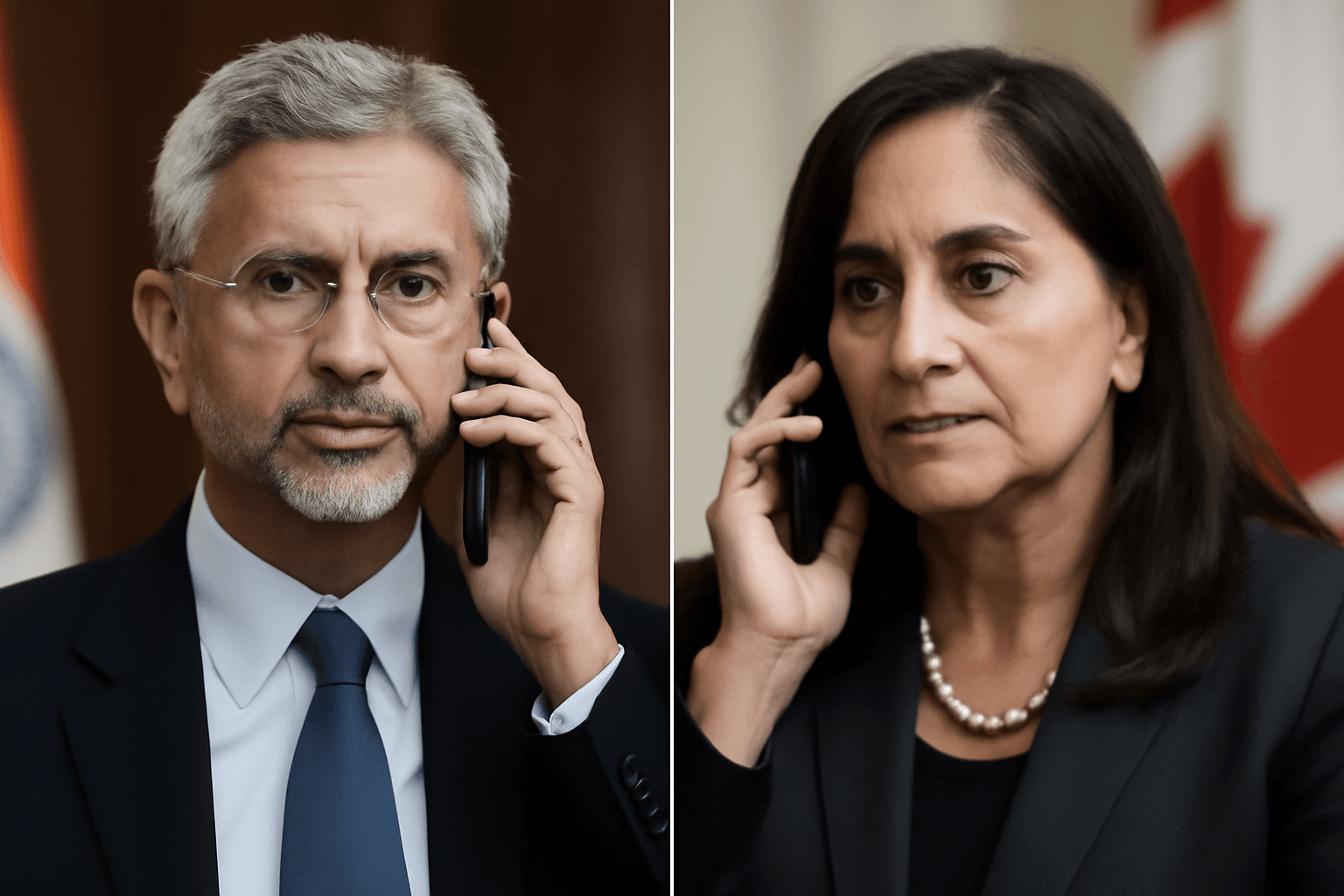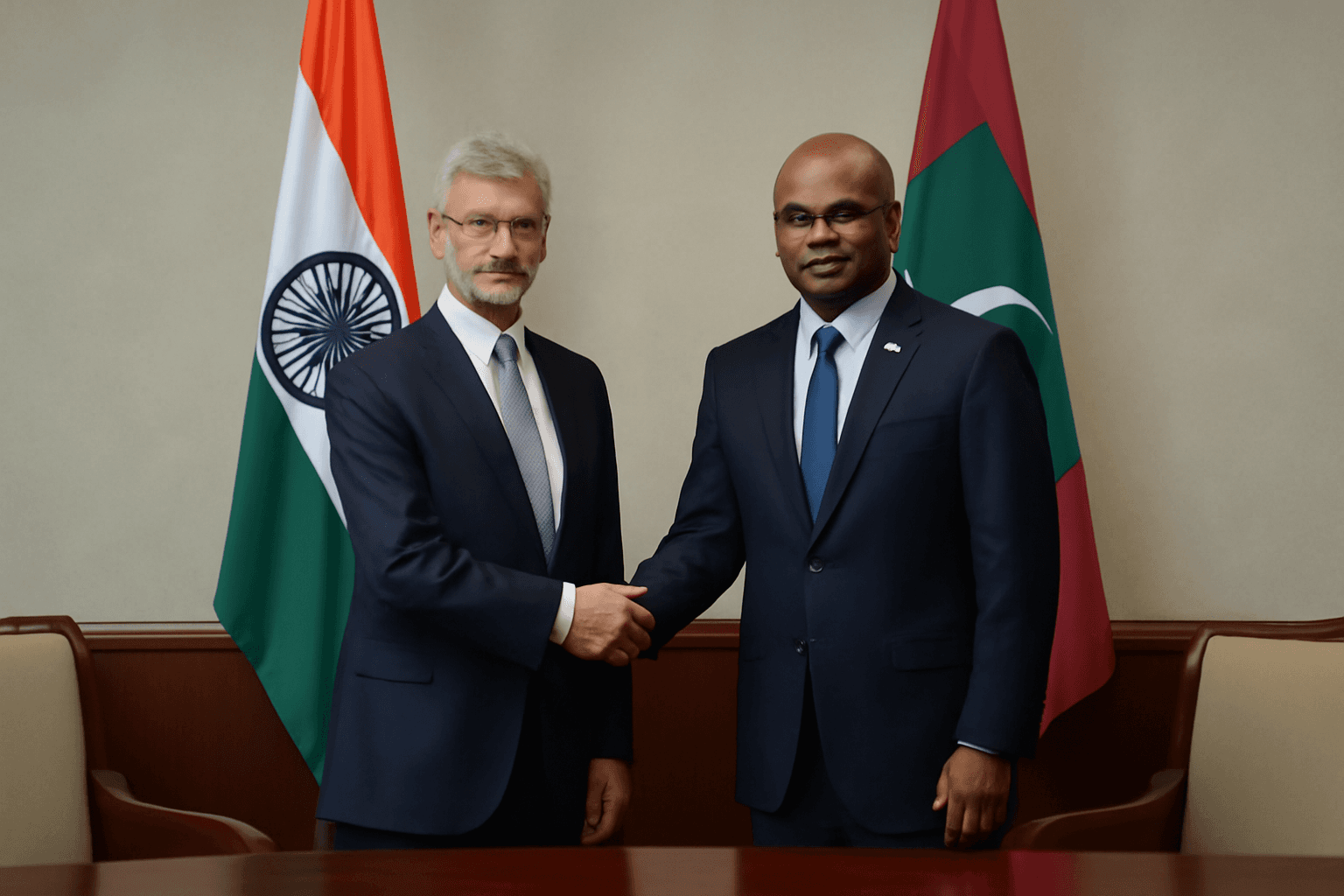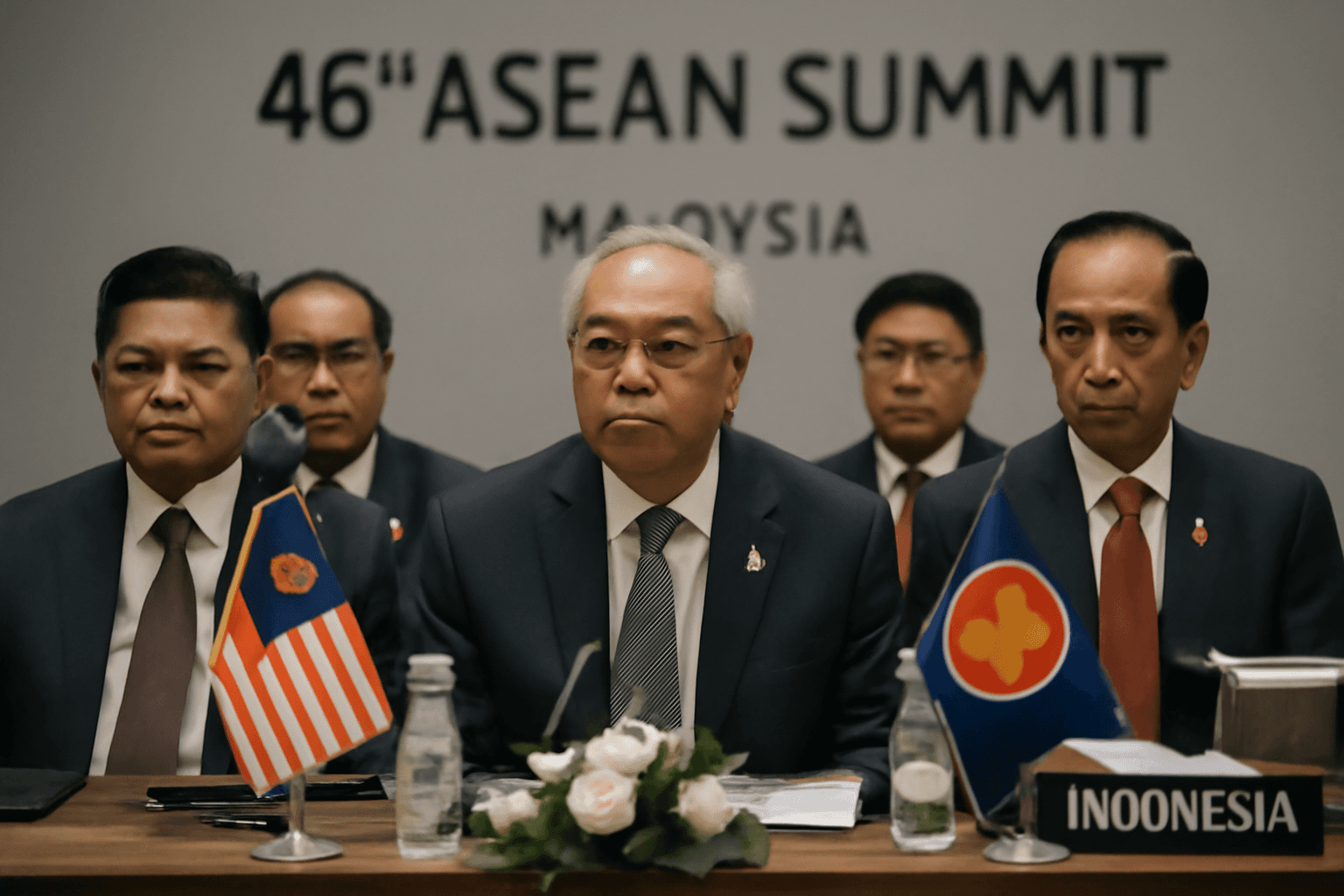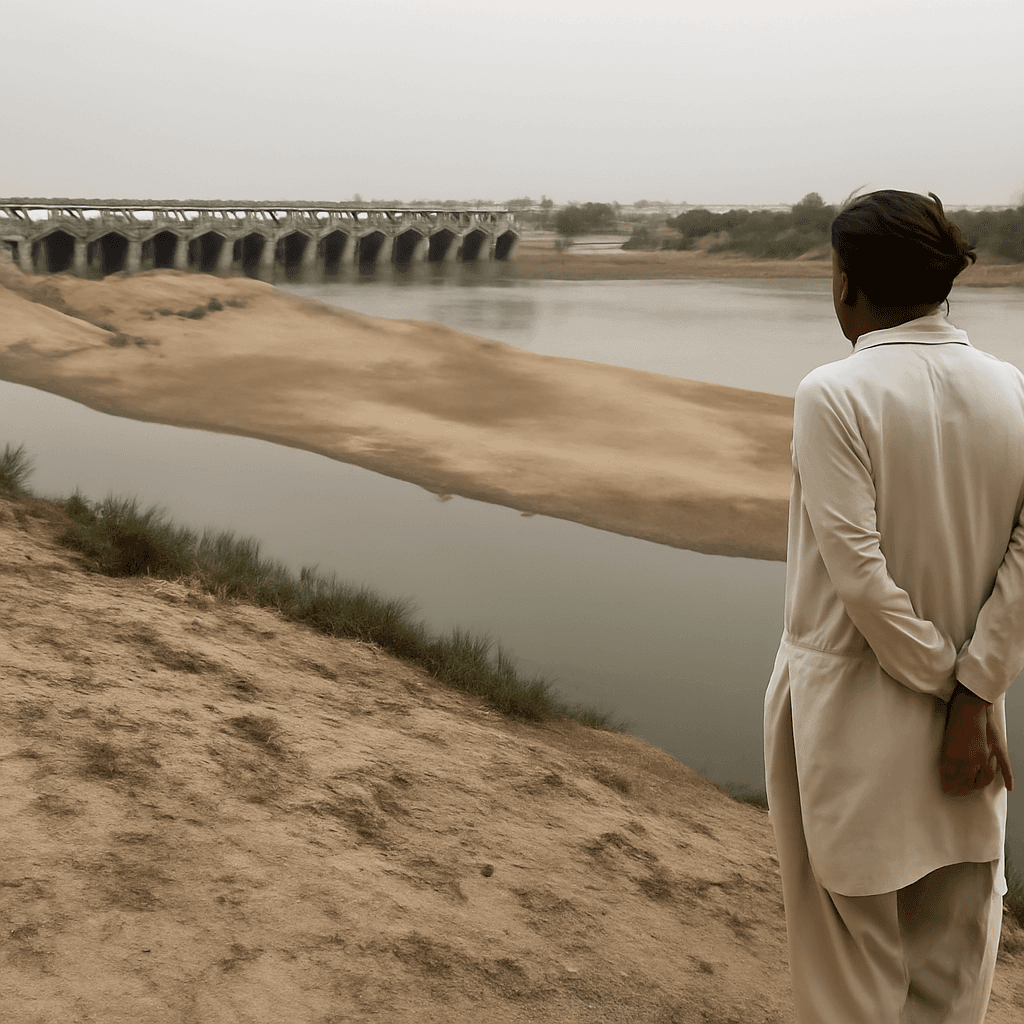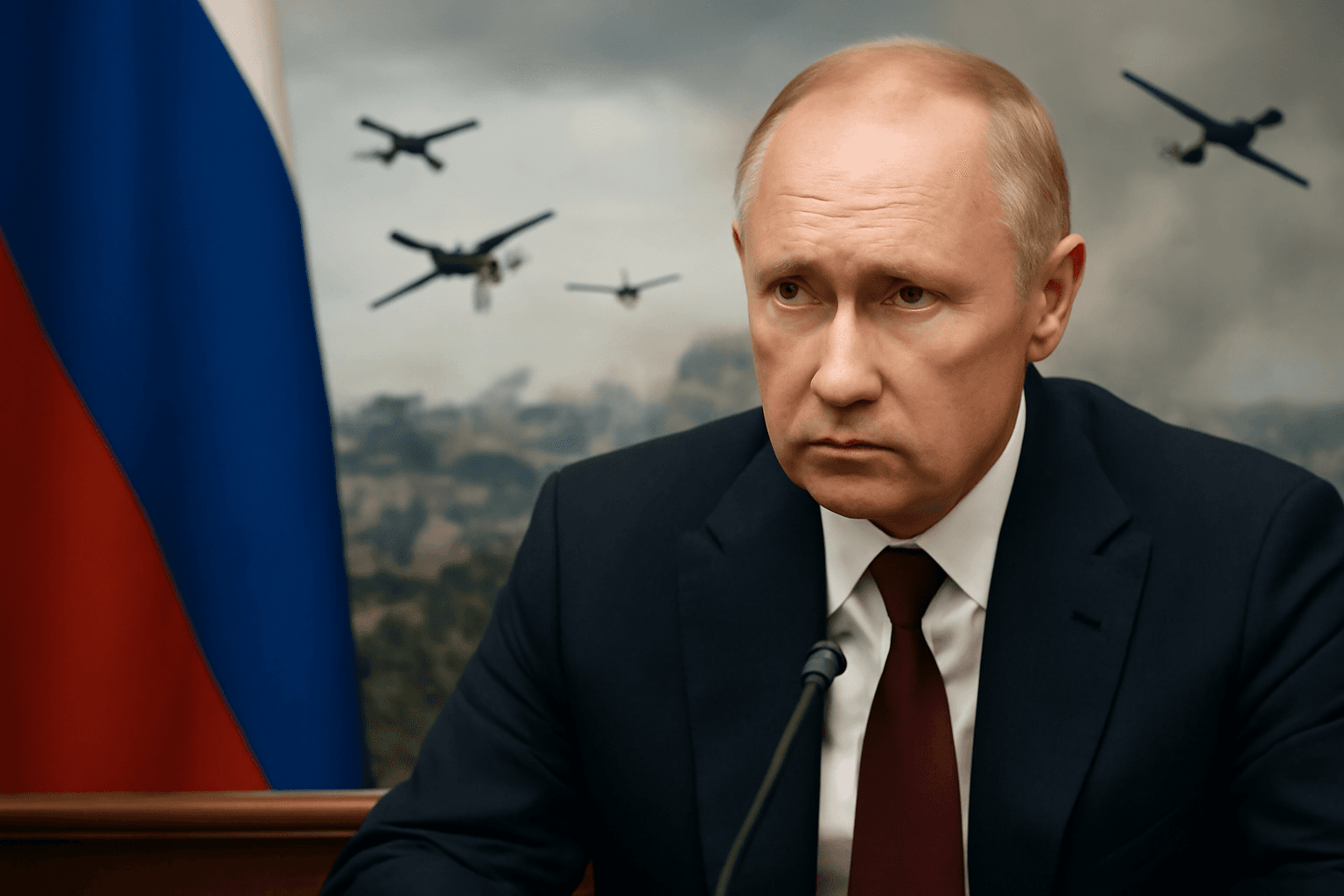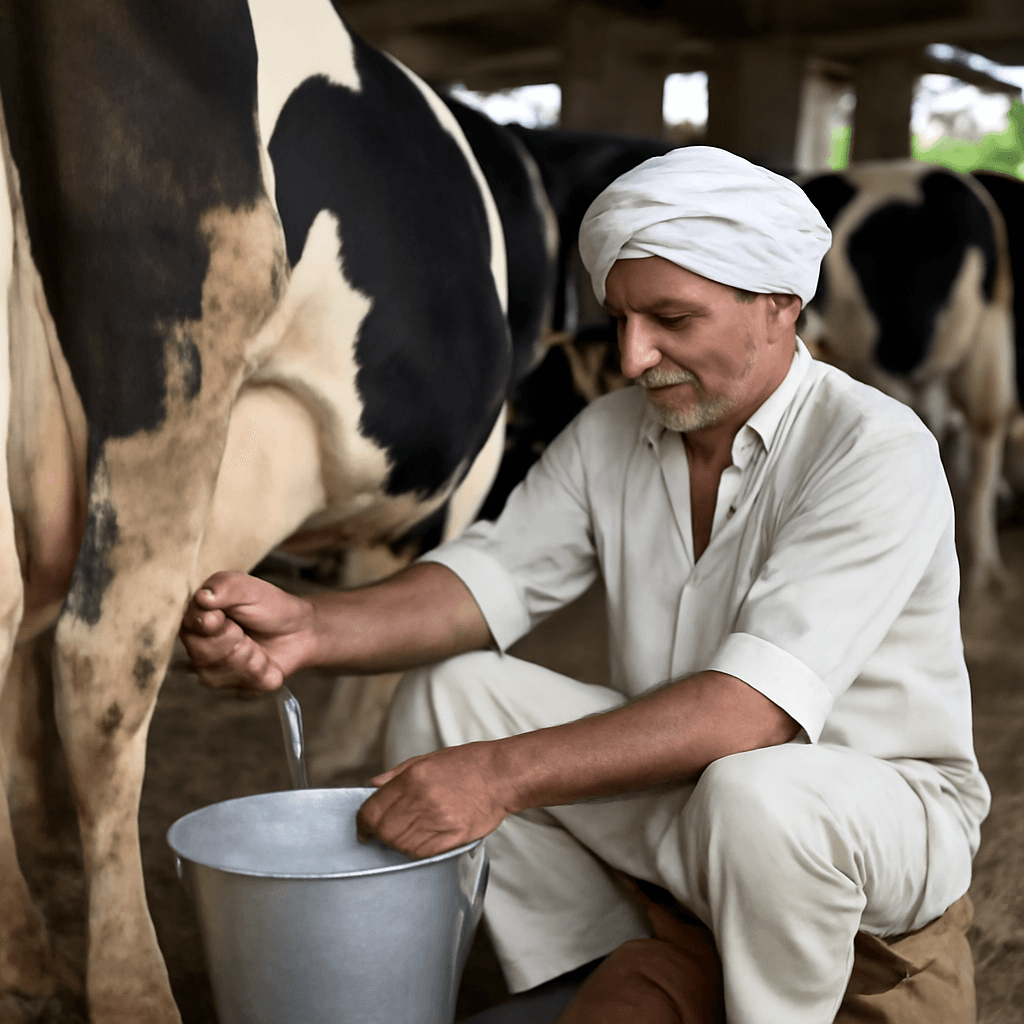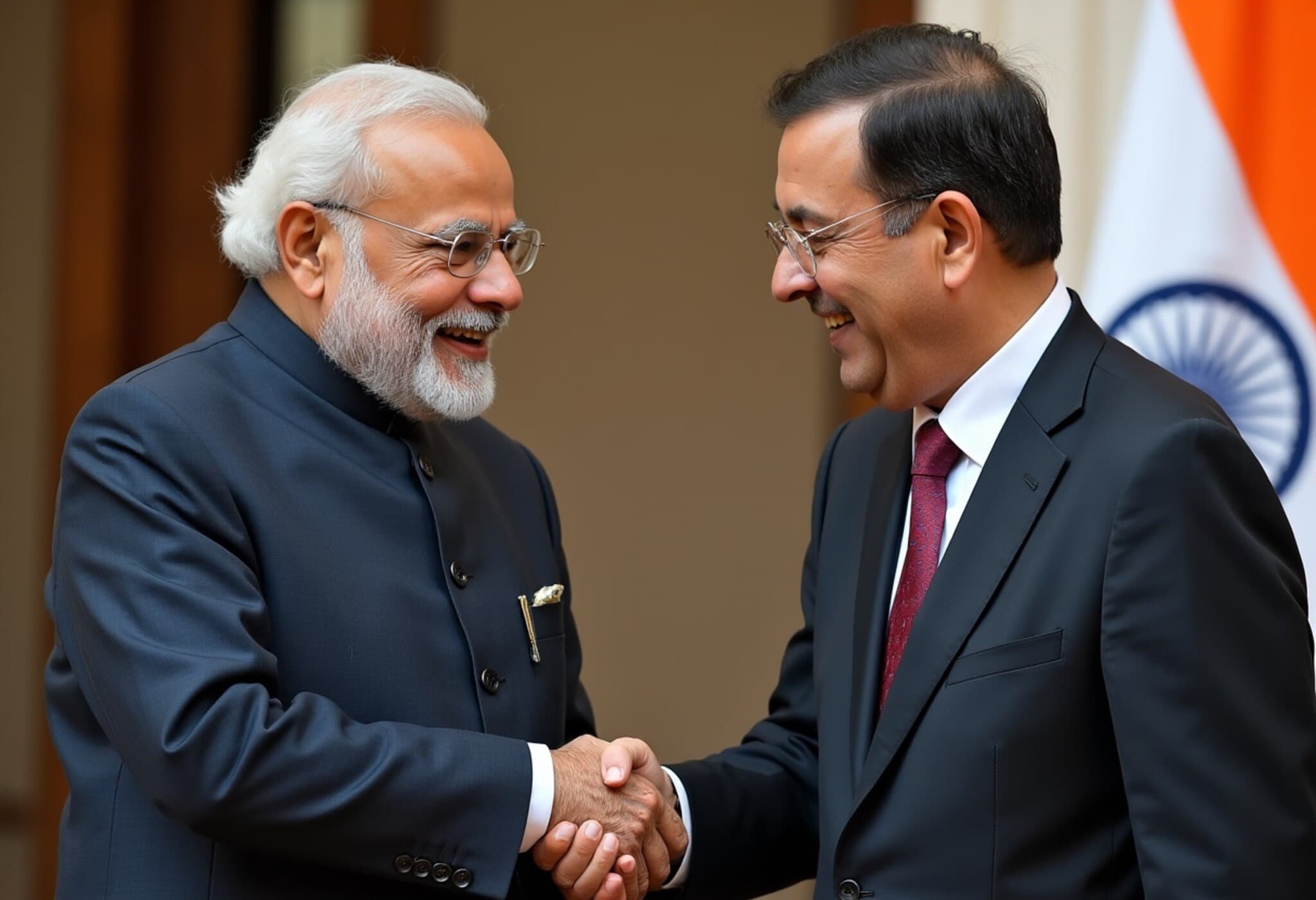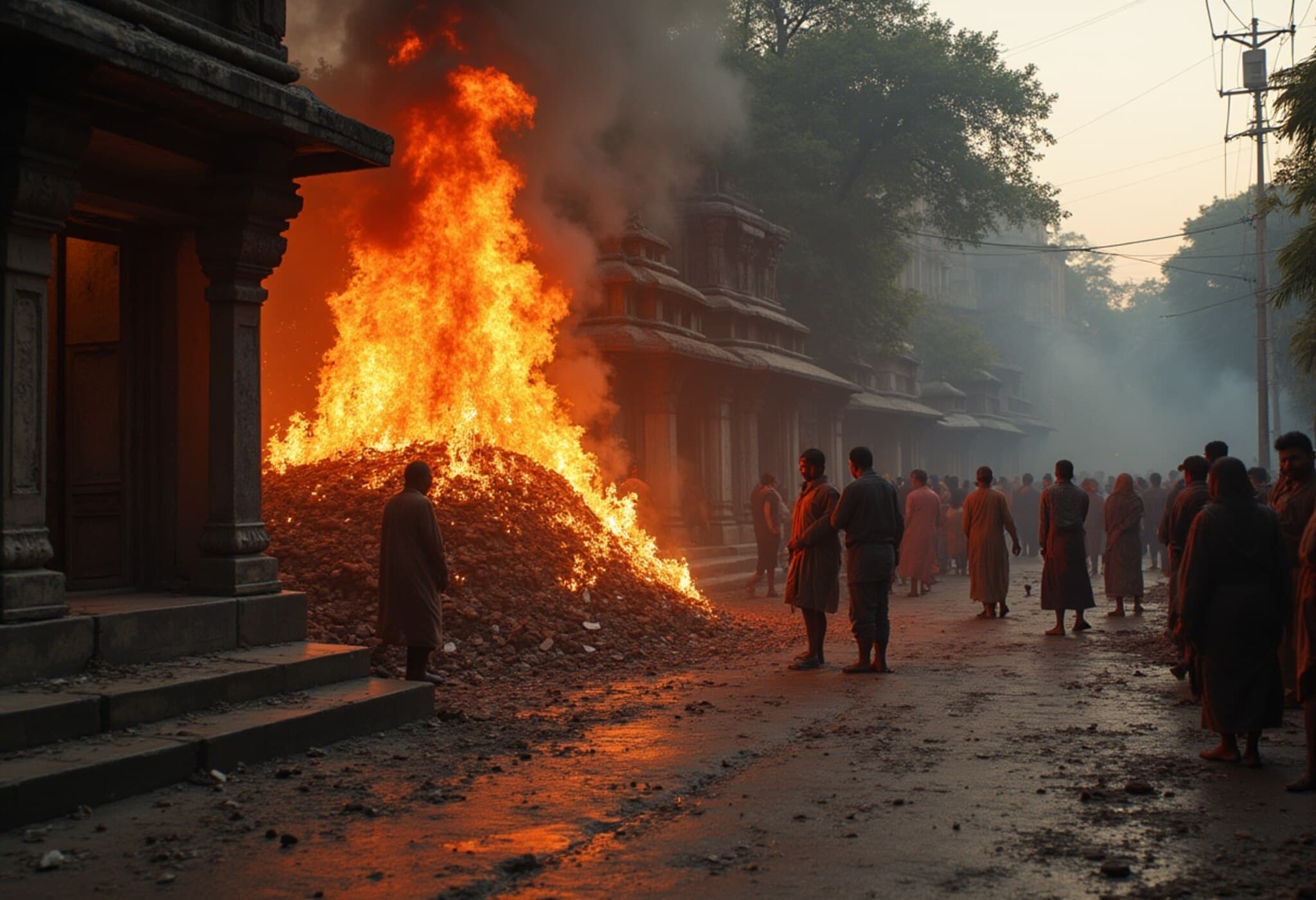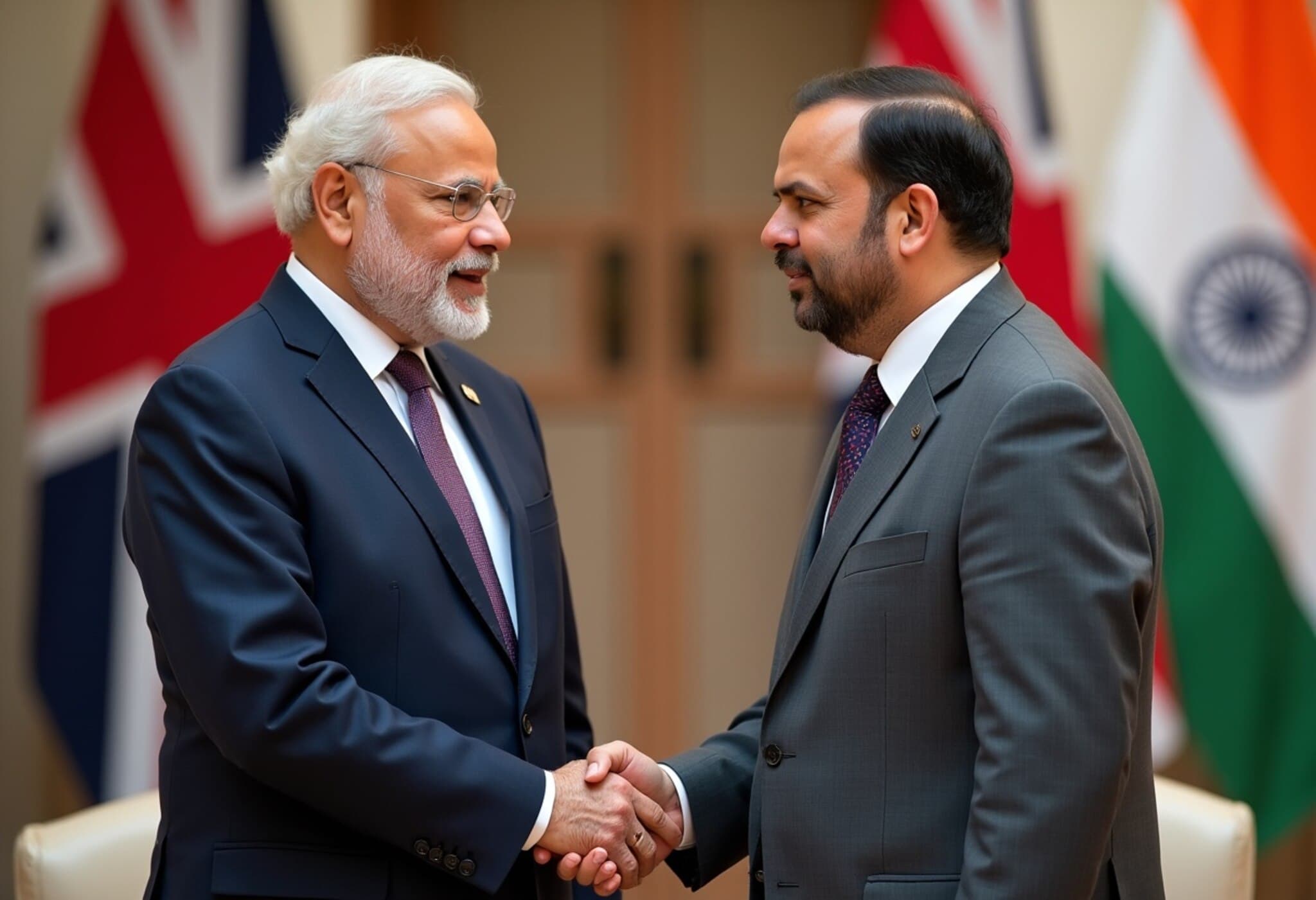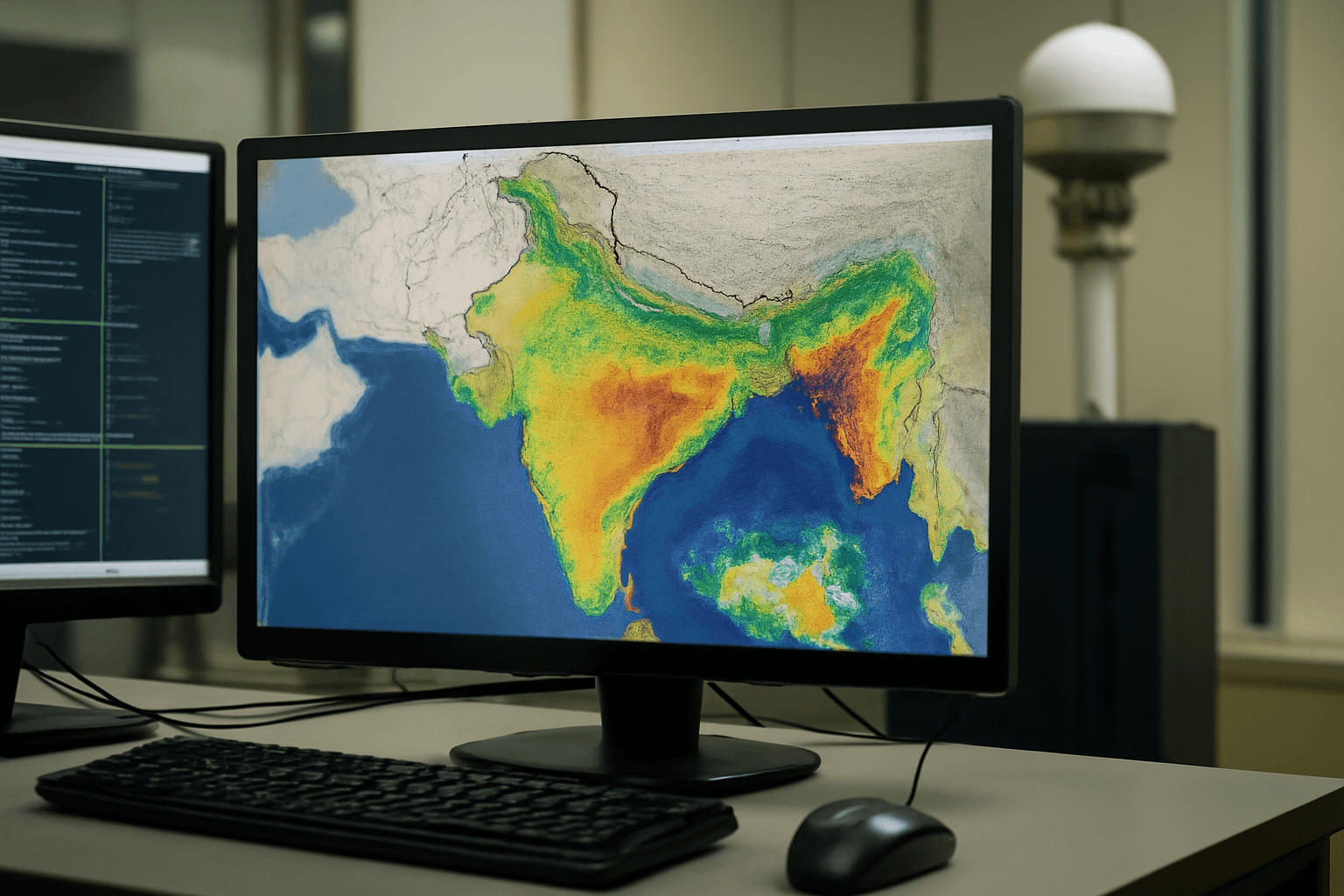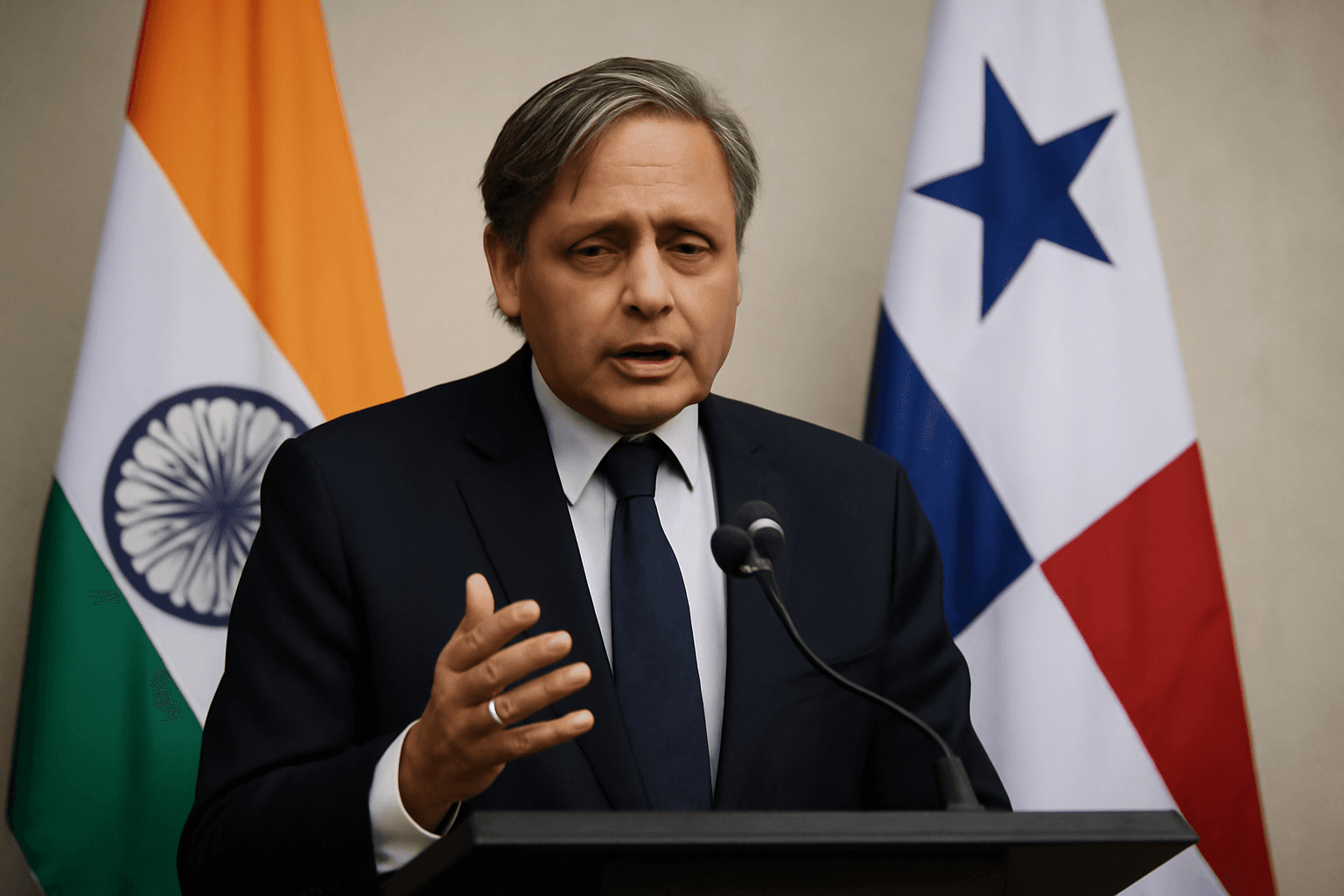In a bid to bolster bilateral relations, Sri Lanka hosted Deputy Prime Minister Winston Peters of New Zealand to discuss enhancing cooperation in trade, tourism, and agriculture. The meeting, which took place on Monday in Colombo, aimed at navigating pathways to deepen ties as Sri Lanka grapples with the fallout from its ongoing economic crisis.
The significance of the visit, which continues until Wednesday, comes as Sri Lanka strives to recover from its profound economic challenges that began three years ago. Peters met with Sri Lanka's Foreign Affairs Minister Vijitha Herath, marking a pivotal moment for both countries, having recently established mutual embassies—New Zealand opened its embassy in Colombo in 2021, while Sri Lanka inaugurated its embassy in Wellington earlier this year.
During the discussions, a primary focus was laid on expanding trade connections, particularly in lucrative sectors such as dairy, processed food, and fresh produce. Herath emphasized the importance of these initiatives, highlighting New Zealand's commendable support for developing Sri Lanka's dairy industry, which he claimed has had a transformational impact on rural livelihoods.
Despite efforts to modernize and expand its dairy sector, Sri Lanka currently meets only about 40% of its milk demand domestically, with New Zealand stepping in as a crucial supplier. Recent data indicates that New Zealand exported $335 million worth of goods to Sri Lanka in 2024, with dairy products making up the majority of this figure. Conversely, the trade balance remains skewed in favor of New Zealand, which imported $64 million in goods from Sri Lanka within the same year, including tea, coffee, apparel, and rubber products.
Peters and Herath also discussed ways to streamline border processes to enhance market access for Sri Lankan products. Peters noted the growing interest among New Zealand companies to invest in Sri Lanka, particularly within sectors such as tourism, agriculture, and healthcare.
Sri Lanka's economic challenges have been exacerbated by its $83 billion debt crisis, alongside external factors such as the COVID-19 pandemic and fallout from the 2019 terrorist attacks that severely impacted its tourism. In April 2022, Sri Lanka declared bankruptcy, prompting the need for assistance from the International Monetary Fund (IMF), which approved a $2.9 billion bailout package in 2023, conditional on a debt restructuring process that concluded in September of the same year.
The country aims to secure $17 billion in debt relief as part of its recovery efforts, navigating a path towards stability and sustainable economic growth.

